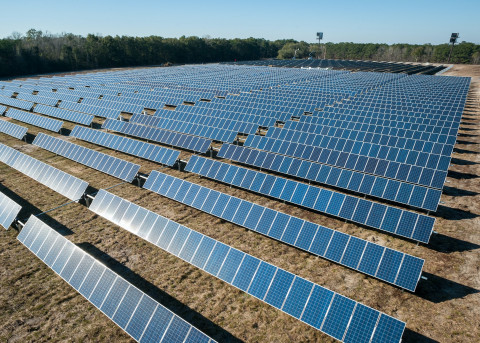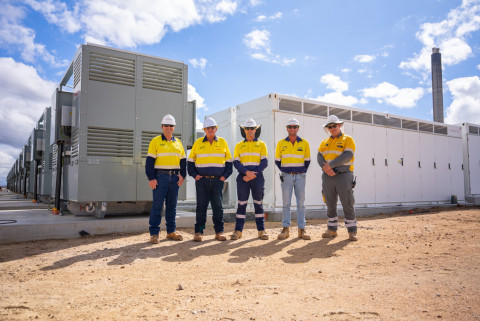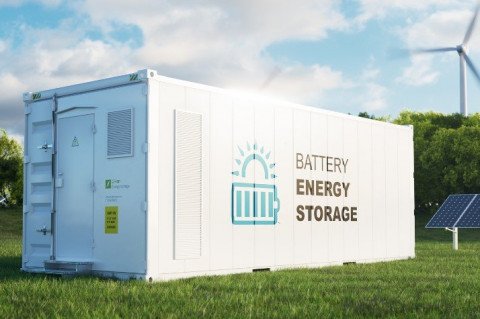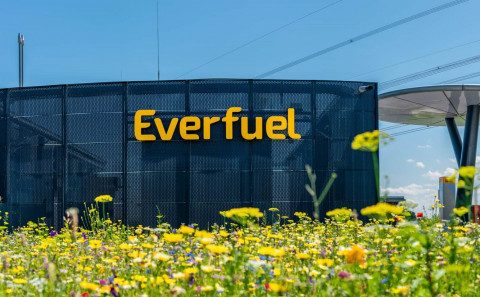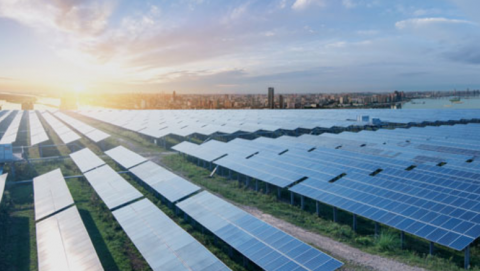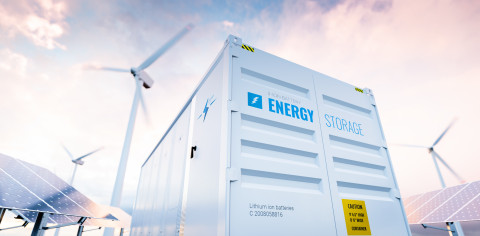Just 57 companies responsible for 80 percent of global emissions
Around 80 percent of global greenhouse gas emissions since 2016 can be directly linked to just 57 companies operating in the oil, gas, coal and cement space — and their emissions have increased since the Paris Agreement – according to a report.
Data from InfluenceMap, a non-profit that maintains the Carbon Majors Database (CMD), shows that a powerful group of government-controlled companies and large energy & cement multinationals are responsible for a majority of carbon emissions.
The world's top three CO2-emitters were all state companies: Saudi-owned oil company Saudi Aramco, Russia's state-owned Gazprom and Indian government-controlled coal major Coal India. The companies did not immediately respond to journalist requests for a response.
Among investor-owned companies, energy giant ExxonMobil was the largest investor-owned polluter. The company was linked to 3.6 gigatonnes of CO2 over the past seven years, or 1.4 percent of the global total. It was followed by other energy players: Shell, BP, Chevron and TotalEnergies was each associated with at least one percent of global greenhouse gas emissions.
The CMD tracks 122 global climate polluters. Its data shows that two-thirds of state entities and more than half the private-sector companies monitored had scaled up production, thus increasing emissions. The strongest growth seemed to come from emissions in state and state-owned producers, particularly in the Asian coal sector.
Richard Heede, who established the Carbon Majors dataset in 2013, told reporters: "It is morally reprehensible for companies to continue expanding exploration and production of carbon fuels in the face of knowledge now for decades that their products are harmful."
He added: "Don't blame consumers who have been forced to be reliant on oil and gas due to government capture by oil and gas companies."
Oil companies all point out that they have net zero targets in place and are investing in clean energy, although their definitions of net zero and their methods to achieve it vary.
A spokesperson for Shell respononded to journalist queries on the report, telling the media: "Shell is committed to becoming a net-zero emissions energy business by 2050, a target we believe supports the more ambitious goal of the Paris agreement to limit global warming to 1.5C above pre-industrial levels. We continue to make good progress on our climate targets, and by the end of 2023, we had achieved more than 60% of our target to halve Scope 1 and 2 emissions from our operations by 2030, compared with 2016."
